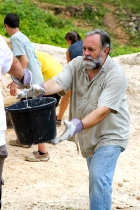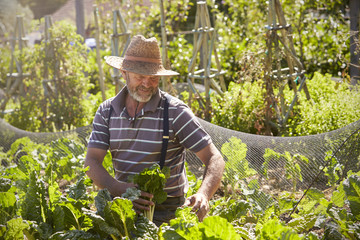1. Be clear about what you want to get out of it
 The clearer you are about your goals and expectations, the better choice you will make.
The clearer you are about your goals and expectations, the better choice you will make.
Are there particular destinations you have in mind? Is there a language you want to learn? Do you want to use your skills in a different way? Want to become familiar with a particular culture and learn more about it? How immersed in a particular culture do you want to be? How cut off from cell coverage and data services? Do you want to share that experience with other people by working in a group or would you prefer to work independently? Would you prefer to stay either with other volunteers or close by? Would you prefer to have your own room to return to at night? Do you want to work with a programme or go independently? How long do you want to go? Do you need to raise money for your trip?
2. Opt for a credible, established, well-recognised organisation
There are lots of organisations on the net that claim to organize volunteers but draw up a shortlist from well-established, long-running programmes with a track record that is open to scrutiny.
Group volunteering programmes offer a safe and relatively comfortable way to volunteer overseas. Reputable programmes will have strong support staff, both western and from the host country, and the projects on offer are likely to be well managed. Group volunteering programmes also offer security and focus with this type of programme. The only downside is that depending on your skill set and the project you opt to work on, you may end up spending more time with other members of your group than with people from your host culture.
3. Match your skills to the programme for the best fit
 Volunteer projects go best when your skill set allows you to contribute in a way that makes a difference. Find out how long the programme and project has been running and how others with your skillset have found it.
Volunteer projects go best when your skill set allows you to contribute in a way that makes a difference. Find out how long the programme and project has been running and how others with your skillset have found it.
4. Budget
Try to uncover as many hidden costs as possible. Are there any extra fees e.g. an application fee? Is medical and rescue insurance covered? Do you need to pay for accommodation? What kind of accommodation is covered? Are meals included? If you are told they are only a few dollars per day, press to find how much exactly.
If your placement is not the right fit, what costs are involved in leaving it? Are there any Kiwi support staff that can help you on the ground? If there’s a medical or family emergency, what’s the plan? How can you stay in touch with family? Develop as robust a budget as you possibly can.
5. Research, research, research
Talk to friends and friends of friends who have volunteered overseas and find out about their experiences. Read others reviews online. Create a shortlist and talk to the organisations on it. Ask the hard questions. Preparation is key to making the best choice.









Join the Discussion
Type out your comment here:
You must be logged in to post a comment.